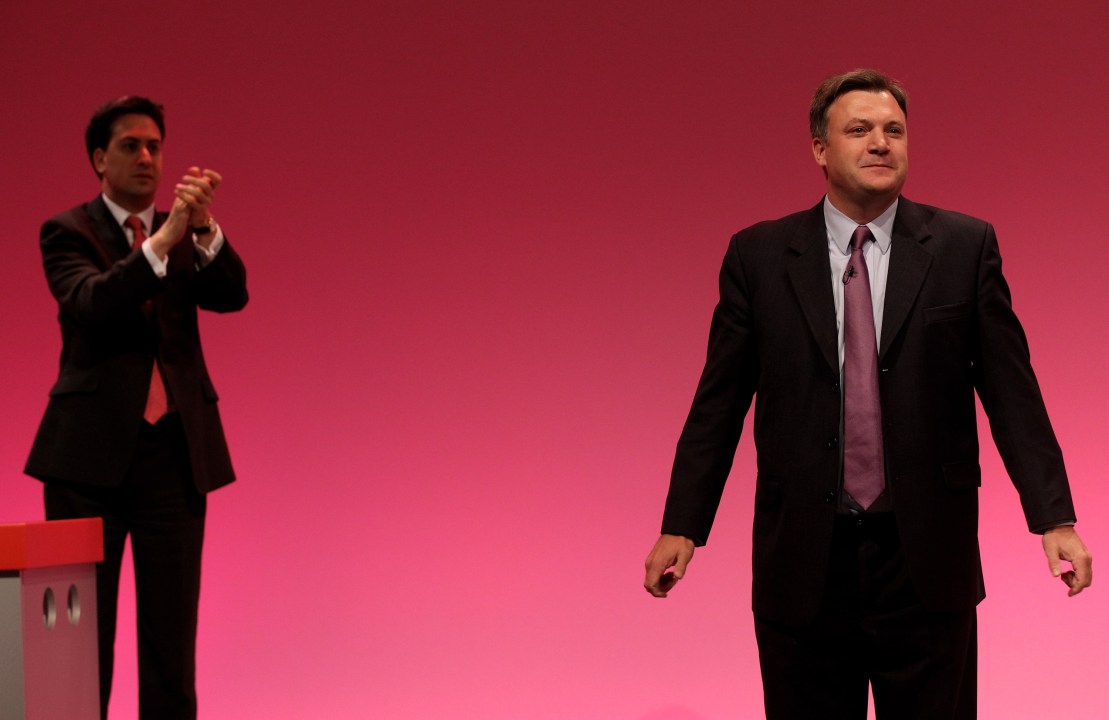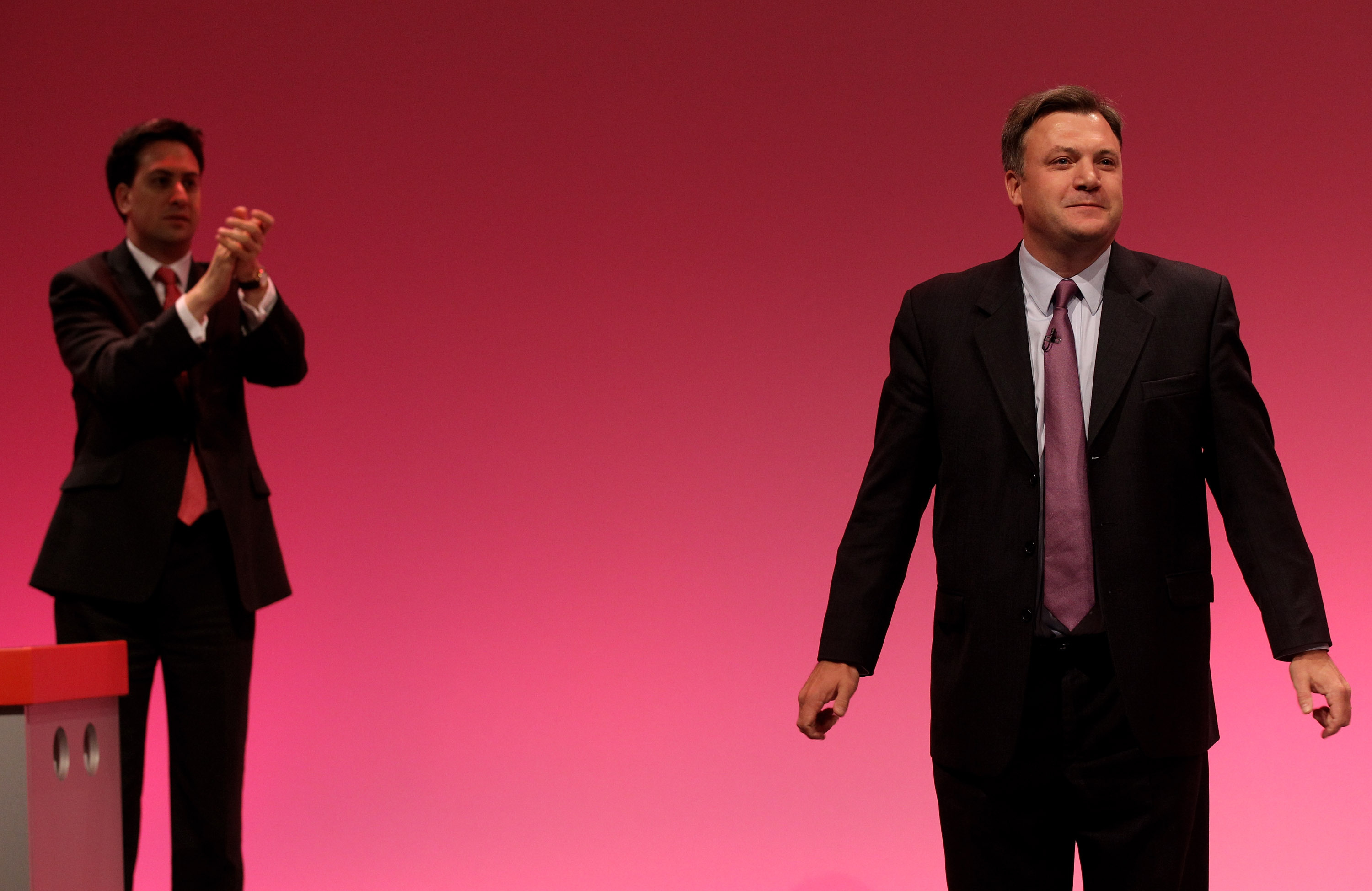 The timing could hardly have been more resonant. On the day that Tony Blair is paraded,
once again, in front of the Iraq Inquiry, Team Brown is firmly back in charge of the Labour party. For, I’m sure you’ve noticed CoffeeHousers, three of the four great shadow offices of state are
occupied by former members of the Brown coterie: Ed Miliband, Ed Balls and Yvette Cooper. The fourth belongs to someone who doesn’t sit easily in either half of the TB-GB divide: Douglas Alexander.
The timing could hardly have been more resonant. On the day that Tony Blair is paraded,
once again, in front of the Iraq Inquiry, Team Brown is firmly back in charge of the Labour party. For, I’m sure you’ve noticed CoffeeHousers, three of the four great shadow offices of state are
occupied by former members of the Brown coterie: Ed Miliband, Ed Balls and Yvette Cooper. The fourth belongs to someone who doesn’t sit easily in either half of the TB-GB divide: Douglas Alexander.
The question, of course, is what this means for Labour’s economic policy. And the answer according to Miliband is “nothing much”. The Labour leader has been keen to stress that his party’s fiscal plans remain largely unchanged by Balls’ ascension. The pair are said (£) to have shared a “lengthy late-night conversation” in which which they “squared their difference over the deficit”.
But even if that turns out to be true, it is worth remembering that Balls can still make a whole heap of difference. After all, Labour’s current fiscal roadmap – what we tend to call the “Darling plan” – was one that Brown put his name to. The divide between the former leader and Darling was often not so much over the specifics, but over the presentation of them; whether to mention or to downplay the cuts. If Balls, like Brown, veers insistently towards the latter, then Miliband’s plans for the deficit may soon begin to sound even less rigorous than they are.
In any case, Balls as shadow chancellor lends even more political significance to the pace of the recovery. Yes, we all know about his warnings of a double-dip. But what matters more is what he says from now on in. He will snap at the government’s heels; he will no doubt attack each and every cut; he will latch more effectively than his colleagues onto issues such as inflation. But if the economy starts to motor again, then much of that will be cast in an embarrassing light.







Comments